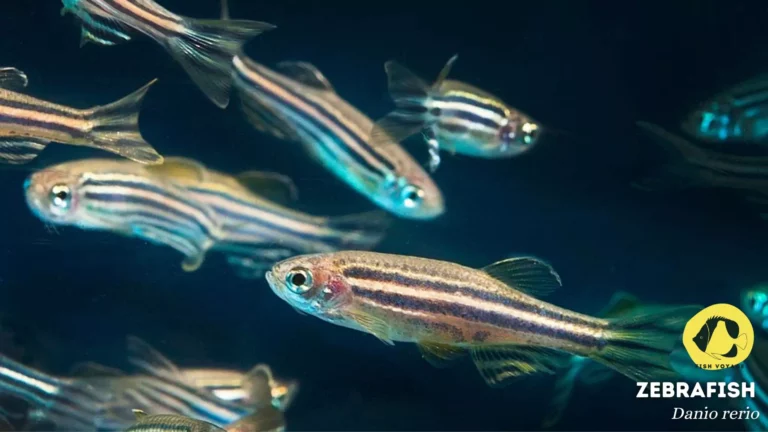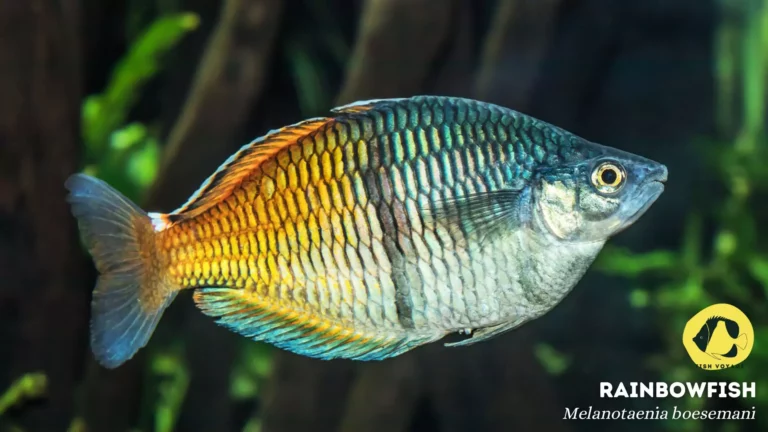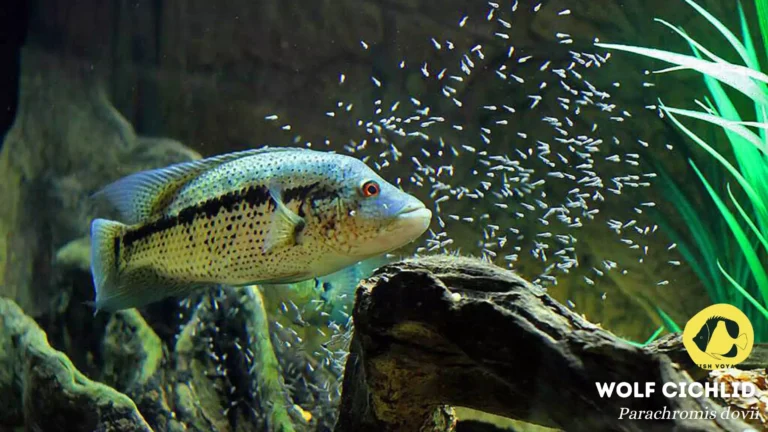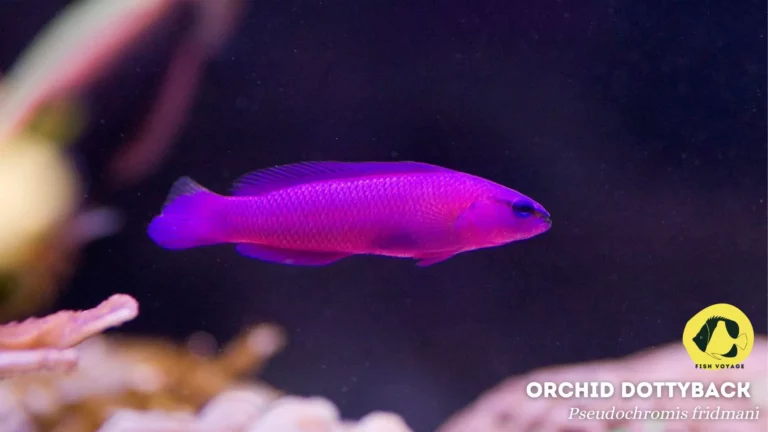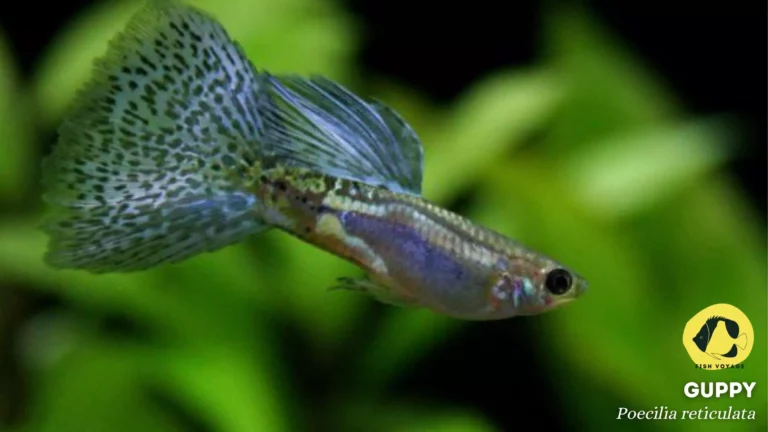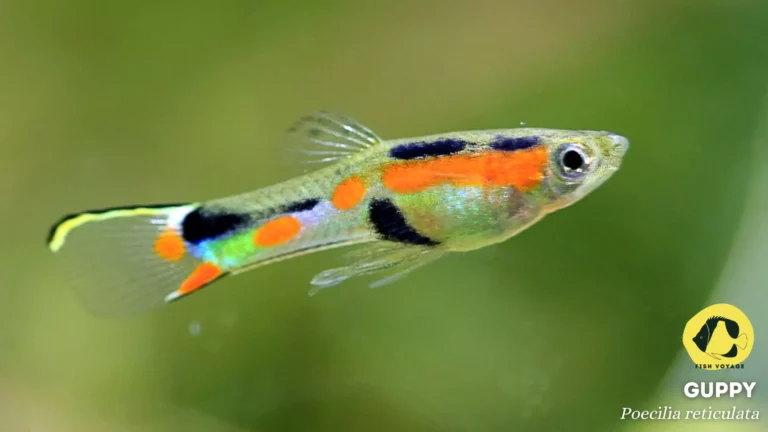Best Fish For Small Tank Without Heater
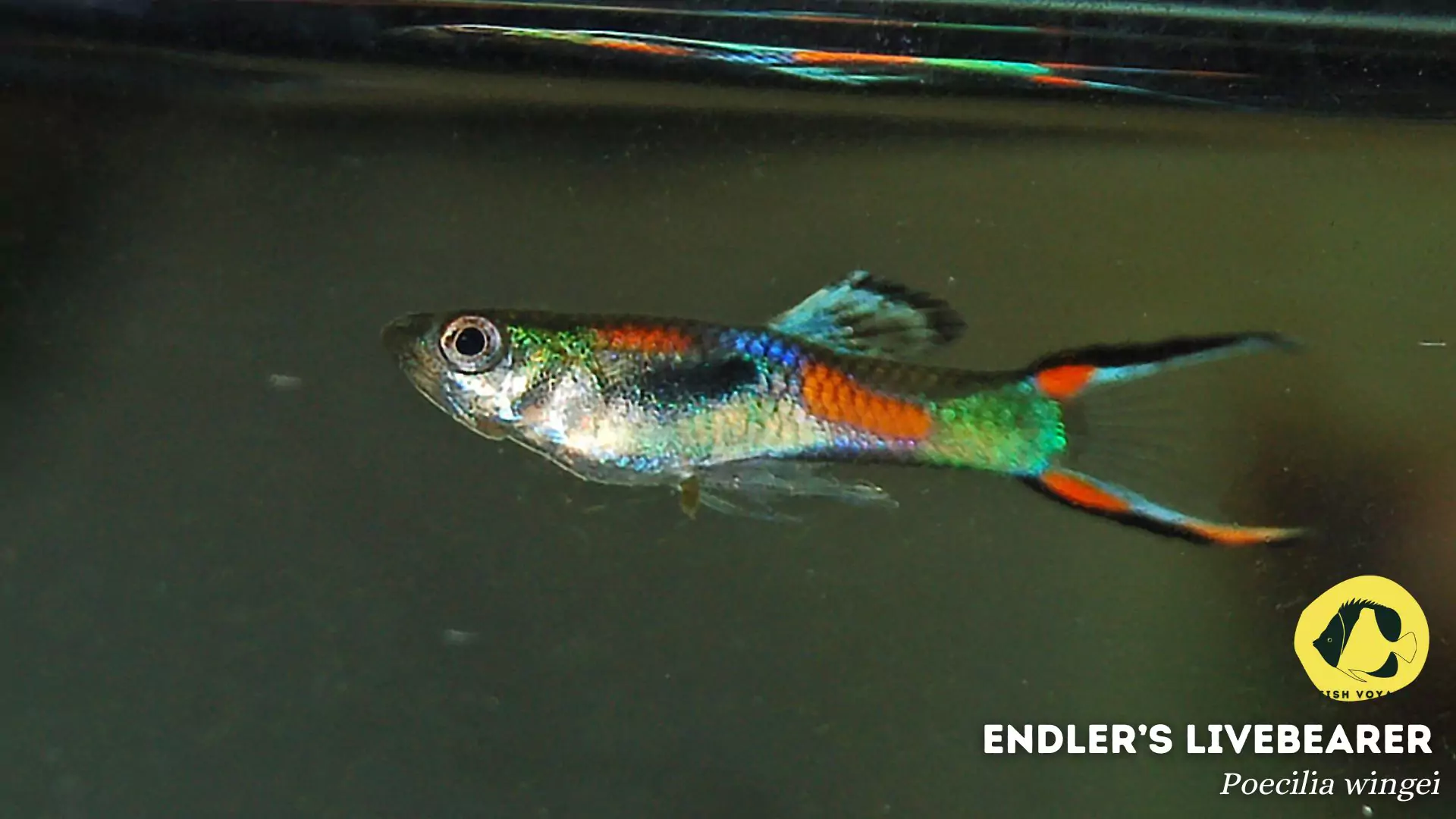
In the realm of aquarium keeping, managing a small tank without the aid of a heater presents a unique set of challenges. The absence of a heating device requires careful consideration of the aquatic environment to ensure the well-being of its inhabitants. It becomes crucial to strike a balance between maintaining a comfortable temperature for the fish and the limitations imposed by the tank size. In this delicate equilibrium, the choice of fish species emerges as a pivotal factor. Selecting resilient and adaptable species becomes paramount to the success of the aquarium, as these fish not only endure the fluctuating temperatures characteristic of unheated small tanks but also thrive in such conditions. The journey of creating a harmonious aquatic ecosystem in a compact space begins with a thoughtful selection of fish that can navigate the nuanced challenges of a miniature, heater-free environment.
Factors to Consider
Size of the Tank
In the realm of small tanks without heaters, size matters significantly. Optimal tank size is a critical consideration, as it directly influences the stability of temperature variations. A larger volume of water tends to have more thermal inertia, helping to mitigate abrupt temperature fluctuations. Thus, it is advisable to aim for a tank size that strikes a balance between the compactness suitable for smaller spaces and the need for a sufficient water mass to provide temperature stability.
Temperature Tolerance
When venturing into the realm of aquariums sans heaters, the temperature resilience of chosen fish species becomes paramount. Highlighting the importance of selecting fish with a high degree of temperature tolerance ensures the success of the ecosystem. Emphasize the adaptability of certain species to withstand varying temperatures, underscoring their ability to thrive in conditions where thermal control is limited. This consideration is key to establishing a resilient and self-sustaining aquatic environment.
Compatibility
Ensuring harmony among the chosen fish species in the absence of precise temperature control is a nuanced aspect of small tank management. Fish compatibility takes center stage, as certain species exhibit better adaptability to fluctuating temperatures than others. Delve into the intricacies of selecting fish that coexist amicably within the confines of a small, heater-free tank. Addressing compatibility factors such as temperament, territoriality, and social behavior contributes to the overall success of maintaining a balanced and thriving aquatic community in such conditions.
Top Fish Species for Small Tanks Without Heaters
White Cloud Mountain Minnows
- Description: The White Cloud Mountain Minnows, renowned for their vibrant colors and social nature, are a delightful addition to small tanks. Characterized by their slender bodies and striking red fins, these small, hardy fish bring an aesthetic appeal to any aquarium.
- Ideal Tank Conditions: These minnows thrive in slightly cooler waters, making them well-suited for unheated small tanks. Maintaining a temperature range of 64-72°F (18-22°C) replicates their native habitat in the White Cloud Mountains of China.
- Care and Maintenance Tips: Ensure a well-filtered tank with ample swimming space. Their omnivorous diet includes both flake and live foods. Regular water changes and monitoring water parameters contribute to their overall well-being.
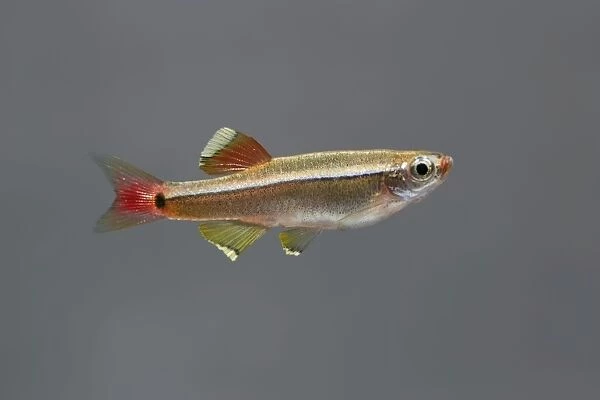
Betta Fish
- Suitability for Small Tanks: Betta fish, also known as Siamese Fighting Fish, are not only visually captivating but also well-adapted to small tank environments. Their labyrinth organ allows them to breathe air from the surface, making them particularly suitable for setups without a heater.
- Unique Characteristics: Betta fish boast a wide array of colors and fin variations. Their territorial behavior, coupled with interactive personalities, adds a captivating dynamic to the aquarium.
- Tips for a Comfortable Environment: Provide hiding spots and use silk or live plants to mimic their natural habitat. Maintain a stable water temperature between 75-82°F (24-28°C). Avoid housing multiple male Bettas together due to their territorial nature.
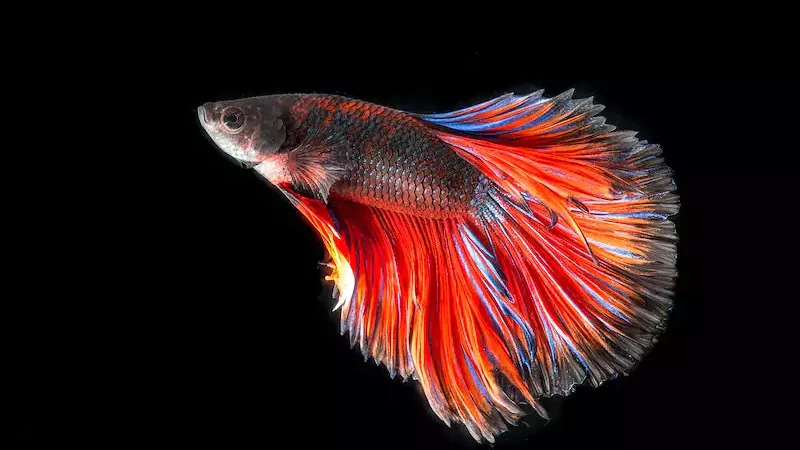
Endler’s Livebearers
- Overview: Endler’s Livebearers, a smaller cousin to Guppies, are known for their vibrant colors and active demeanor. These fish are adaptable to a range of water conditions, making them suitable for small tanks without heaters.
- Suitability in Unheated Small Tanks: Endler’s Livebearers thrive in temperatures between 72-78°F (22-26°C), making them resilient in setups without precise temperature control. They exhibit a high tolerance for fluctuating conditions.
- Maintenance Tips: Provide a well-planted tank for cover, and ensure a balanced diet of both flake and live foods. Regular water changes contribute to the overall health of these energetic fish.
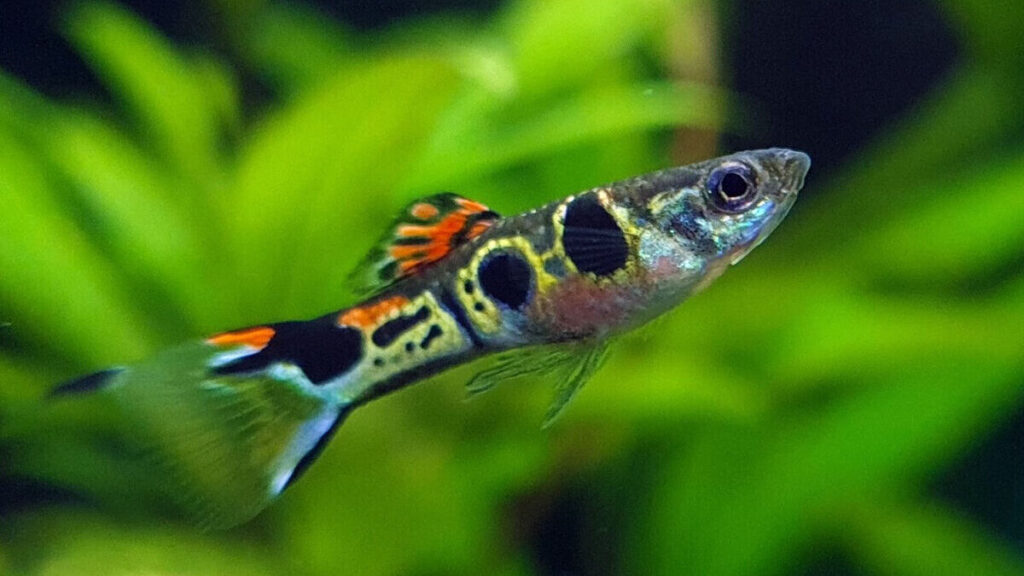
Guppies
- Introduction: Guppies, known for their vivacious colors and playful behavior, are a popular choice for small tanks without heaters. Their adaptability and hardiness make them ideal for beginners.
- Tank Setup Recommendations: Guppies thrive in a temperature range of 74-82°F (23-28°C). Incorporate live plants and floating vegetation for shelter. A well-filtered tank and regular water changes are essential for their optimal health.
- Proper Care Guidelines: Guppies are omnivores; offer a varied diet of flake, pellet, and live foods. Monitor water parameters and address any signs of illness promptly for a thriving guppy community.
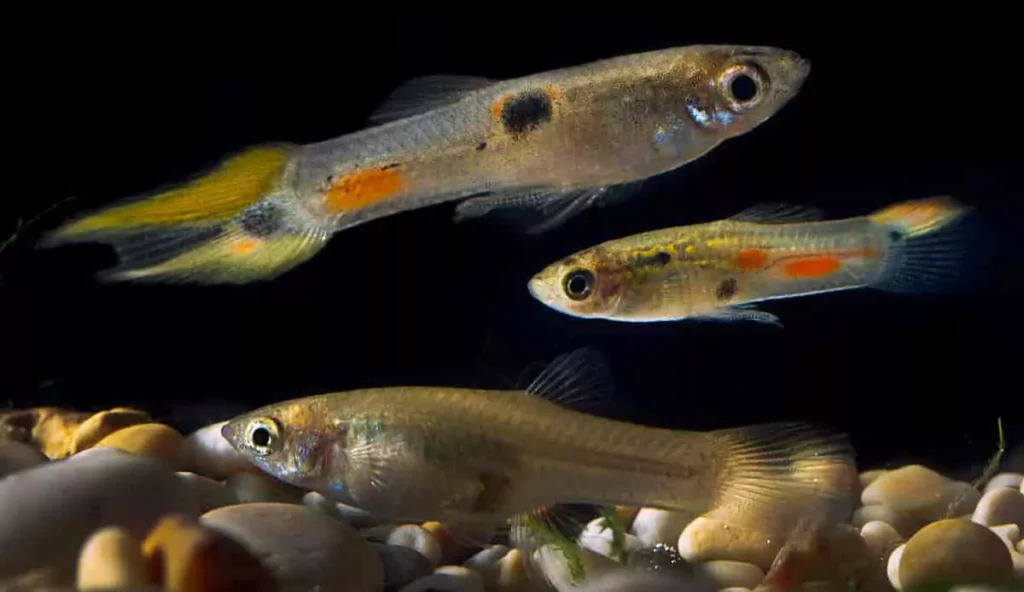
Zebra Danios
- Characteristics: Zebra Danios, recognized for their distinctive striped patterns, are robust and adaptable fish suitable for small tanks without heaters. Their active swimming behavior adds liveliness to the aquarium.
- Temperature Tolerance: Thriving in temperatures between 65-75°F (18-24°C), Zebra Danios exhibit resilience to varying conditions. Their hardiness makes them well-suited for setups where precise temperature control is challenging.
- Tank Requirements: Provide open swimming areas and moderate water flow. Maintain water quality through regular water changes and ensure a balanced diet to support their energetic nature.
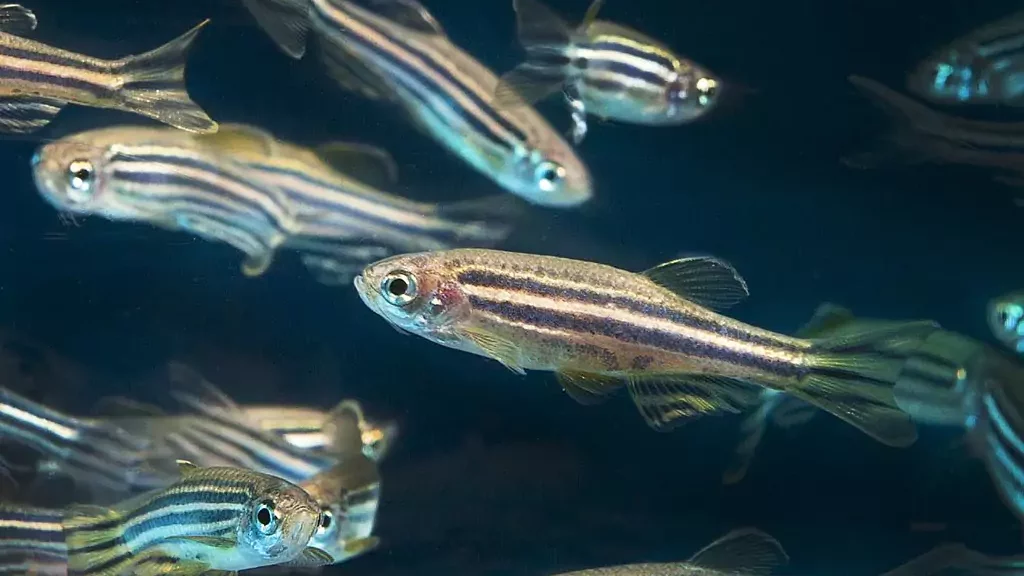
General Tips for Small Tanks Without Heaters
Importance of Regular Water Checks
- Regular water checks are the cornerstone of maintaining a thriving aquarium ecosystem without a heater. Monitoring key parameters such as temperature, pH, ammonia, and nitrite levels ensures a stable and conducive environment for your fish.
- Conduct weekly water tests using reliable aquarium test kits to promptly address any fluctuations in water quality.
- Consistent water checks contribute to the early detection of potential issues, allowing for timely intervention and the prevention of adverse effects on fish health.
Suitable Tank Decorations and Hiding Spots
- Thoughtful tank decorations play a crucial role in providing both aesthetic appeal and functional benefits to your aquarium. Incorporate decorations that offer hiding spots for fish, reducing stress and promoting a sense of security.
- Utilize live or silk plants to mimic natural habitats and create sheltered areas for fish to retreat.
- Choose decorations that are easy to clean and maintain to uphold water quality in the confined space of a small tank without a heater.
Feeding Guidelines
- Tailoring the feeding regimen to the specific dietary needs of your chosen fish species is essential for their overall well-being in an unheated small tank.
- Research the nutritional requirements of each species and provide a balanced diet that includes high-quality flakes, pellets, and live or frozen foods.
- Avoid overfeeding, as excess food can lead to water quality issues. Feed smaller amounts multiple times a day to accommodate the appetites and digestive capacities of different fish species.
Implementing these general tips fosters a conducive environment for fish thriving in small tanks without heaters. Regular attention to water quality, strategic tank decorations, and tailored feeding practices contribute to the health and happiness of your aquatic companions.
Conclusion
In conclusion, navigating the realm of small tanks without heaters demands a thoughtful approach. We’ve explored the optimal tank conditions for various resilient fish species, emphasizing the importance of size, temperature tolerance, and compatibility. Each species, from the vibrant White Cloud Mountain Minnows to the captivating Betta Fish, brings unique qualities that make them well-suited for such environments.
Responsible fish keeping is not just a commitment; it’s a pledge to safeguard the well-being of our aquatic companions. As enthusiasts, it is our duty to provide them with a habitat that mirrors their natural conditions and fosters a thriving, harmonious ecosystem. By embracing responsible practices, we ensure the longevity and vitality of the underwater world we’ve created.
Your experiences and insights contribute to the collective knowledge of the aquarium community. We invite you to share your stories, challenges, and triumphs in maintaining small tanks without heaters. Whether you’re a seasoned hobbyist or a beginner with questions, let’s engage in a dialogue. Feel free to share your thoughts in the comments below or reach out with any queries. Together, we can build a supportive community dedicated to the well-being of our finned friends.
In embarking on this aquatic journey, let’s continue to foster a culture of responsible fish keeping and collaborative learning. Thank you for joining us in exploring the intricacies of small tank management without heaters, and we look forward to hearing from you.
Additional Resources
Reputable Forums
For an ongoing exchange of insights and knowledge in the world of aquarium keeping, consider exploring reputable forums where seasoned hobbyists share their experiences. Platforms like AquariumAdvice and Fishlore offer vibrant communities where enthusiasts discuss topics ranging from fish care to tank setups. Engaging in these forums can provide valuable perspectives and solutions to enhance your journey in managing small tanks without heaters.
Reliable Products
To support the well-being of your aquatic companions, it’s essential to invest in reliable products. Quality equipment ensures the stability and health of your small tank ecosystem. Trusted brands like Aquaclear, known for their efficient filters, and Fluval, recognized for innovative aquarium solutions, offer products that align with the unique requirements of small tanks. Exploring these reputable brands enhances the overall success of maintaining a flourishing aquarium without a heater.
As you embark on your aquarium journey, these additional resources and product recommendations serve as valuable companions, providing both information and reliable tools to create a thriving aquatic environment.
Frequently Asked Questions (FAQs)
1. What are the best fish species for a small tank without a heater?
White Cloud Mountain Minnows, Betta Fish, Endler’s Livebearers, Guppies, and Zebra Danios are excellent choices. They exhibit resilience to varying temperatures and thrive in setups without precise heating control.
2. How do I maintain a stable temperature in a small tank without a heater?
Opt for hardy fish species that can tolerate temperature fluctuations. Additionally, ensure proper insulation around the tank, utilize stable room temperatures, and strategically place the aquarium away from drafts.
3. Can I keep multiple fish species in a small tank without a heater?
It’s crucial to consider compatibility. Some species coexist better than others. Research the temperament, social behavior, and size of each species to prevent conflicts in the confined space of a small tank.
4. What decorations are suitable for a small tank without a heater?
Choose decorations that provide hiding spots and mimic natural environments. Live or silk plants, caves, and driftwood can create sheltered areas, reducing stress for fish in the absence of a heater.
5. How often should I conduct water checks in a small tank without a heater?
Regular water checks are essential. Perform weekly tests for temperature, pH, ammonia, and nitrite levels. Promptly address any fluctuations to maintain a stable and conducive environment for your fish.

